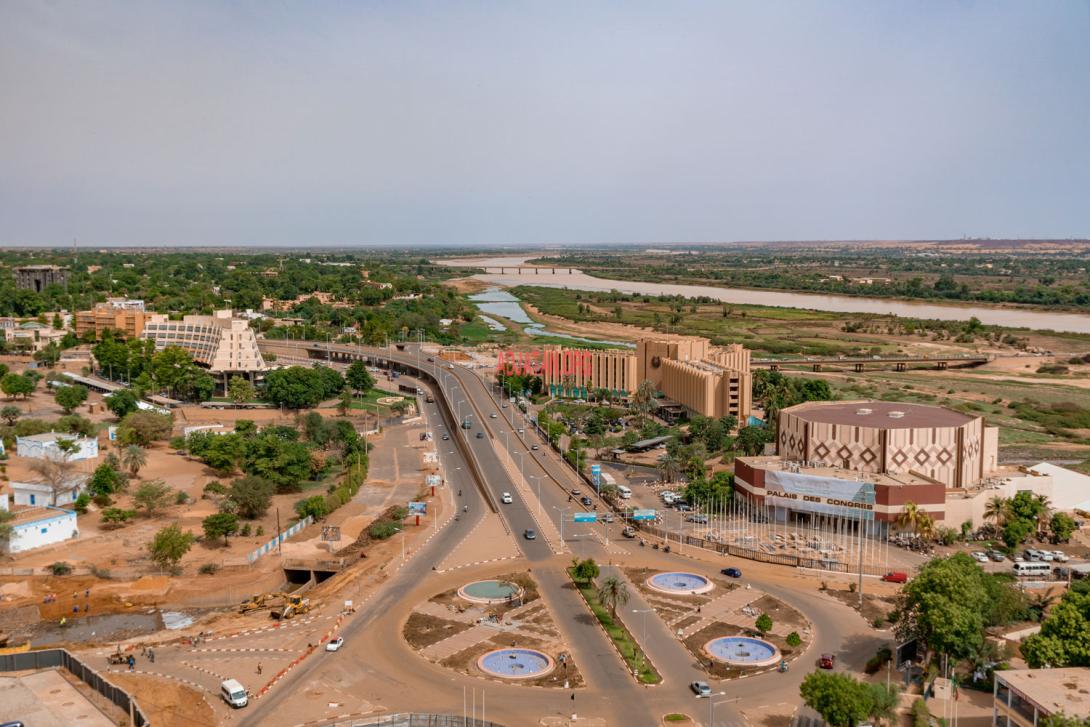
A Historic Summit in Niamey
The military regimes in power in Burkina Faso, Mali, and Niger formalized the creation of a confederation between their three states during an unprecedented summit in Niamey on July 6, 2024. This new alliance, known as the Alliance of Sahel States (AES), marks a decisive step towards a break with the Economic Community of West African States (ECOWAS). Confronted with recurrent jihadist violence and having experienced coups between 2020 and 2023, these three countries have withdrawn from ECOWAS, which they consider to be manipulated by France. The creation of this confederation aims to strengthen their integration and sovereignty while distancing themselves from the influence of foreign powers.
Risks for the Populations
Consequences for Citizens of Burkina Faso, Mali, and Niger
The decision to leave ECOWAS could have significant consequences for citizens of these three countries living in other ECOWAS member states. Currently, thanks to free movement agreements, ECOWAS citizens can live and work in any member country without a visa or residence permit. With their exit from ECOWAS, Burkinabe, Malians, and Nigeriens could lose these privileges, finding themselves in a precarious situation without the necessary legal protections to work and reside abroad. This could lead to expulsions, economic difficulties, and a loss of access to social services and healthcare.
Impact on Citizens of Other ECOWAS Countries
Similarly, citizens of other ECOWAS countries living and working in Burkina Faso, Mali, and Niger could be affected by this decision. The end of free movement would mean they might need visas and residence permits to continue living and working in these countries. These changes could result in uncertainties, potential expulsions, and disruptions to their lives and livelihoods.
A Comparison with Brexit
Effects of Brexit on Citizens' Mobility
One of the most significant consequences of Brexit was the end of free movement of people between the United Kingdom and the European Union. Before Brexit, British citizens could live, work, and study freely in any EU country, and vice versa. After Brexit, these rights were restricted, causing complications for citizens on both sides. Many Britons living in Europe faced visa and residence permit requirements, and vice versa for EU citizens living in the UK. These changes created uncertainty and difficulties for those who had built their lives on both sides of the Channel.
Post-Brexit Surprises and Challenges
Post-Brexit surprises included economic disruptions, delays in supply chains, and changes in travel and trade rules. Businesses and individuals had to quickly adapt to a new legal and regulatory reality. Similar problems could arise for Burkina Faso, Mali, and Niger, with implications for cross-border workers, students, and families living between ECOWAS countries and AES states.
Global Comparisons: Similar Situations Around the World
The United Kingdom and the European Union
In 2016, the United Kingdom voted to leave the European Union (EU), marking a significant break with the economic and political bloc it had joined in 1973. Brexit was driven by concerns over national sovereignty, immigration, and EU regulations. Since then, the UK has sought to establish new bilateral trade agreements and redefine its position on the global stage.
Countries Seeking EU Membership
Today, nine countries are officially candidates to join the EU. For seven of them, negotiations have been opened, including Turkey, Montenegro, Serbia, North Macedonia, Albania, Ukraine, and Moldova. Others, like Bosnia and Herzegovina and Georgia, are also progressing towards potential membership.
Joining ECOWAS and ASEAN
Morocco, after rejoining the African Union in 2017, applied for ECOWAS membership. Mauritania, which left ECOWAS in 2000, signed an association agreement in 2017, becoming an associate member. Timor-Leste expressed its desire to join ASEAN to strengthen its economic and political ties with the region.
A New Direction for the Sahel
The formation of the confederation between Burkina Faso, Mali, and Niger represents a major turning point in regional dynamics in West Africa. By moving away from ECOWAS and seeking to strengthen their sovereignty, these countries are following a path that contrasts sharply with that of many other nations that seek to join regional or international communities for economic and political benefits. These examples show the diversity of approaches to the challenges of sovereignty and integration in the contemporary world.





